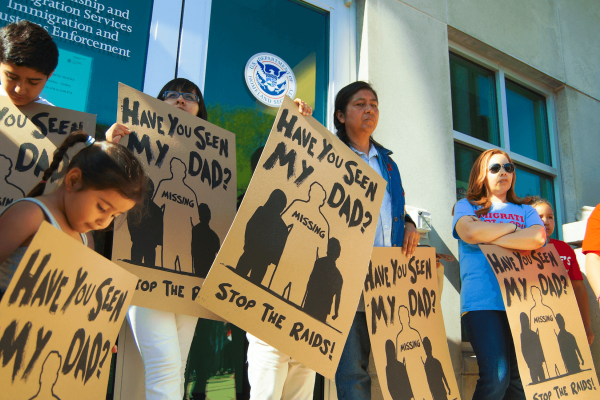Mar 2, 2017
The growing momentum behind the Matthew 25 Pledge has reminded me of my old friend and mentor, Mary Glover, who helped me understand the deepest meaning of that Gospel text. She was not a theologian or formal biblical commentator, but she showed and taught me the meaning of this Scripture more than four decades ago. Matthew 25 brought me to Christ out of the student movements of my time and led me to help begin Sojourners. We moved into one of the poorest parts of Washington, D.C., in the neighborhood where Mrs. Glover lived.
Read the Full Article

Already a subscriber? Login
